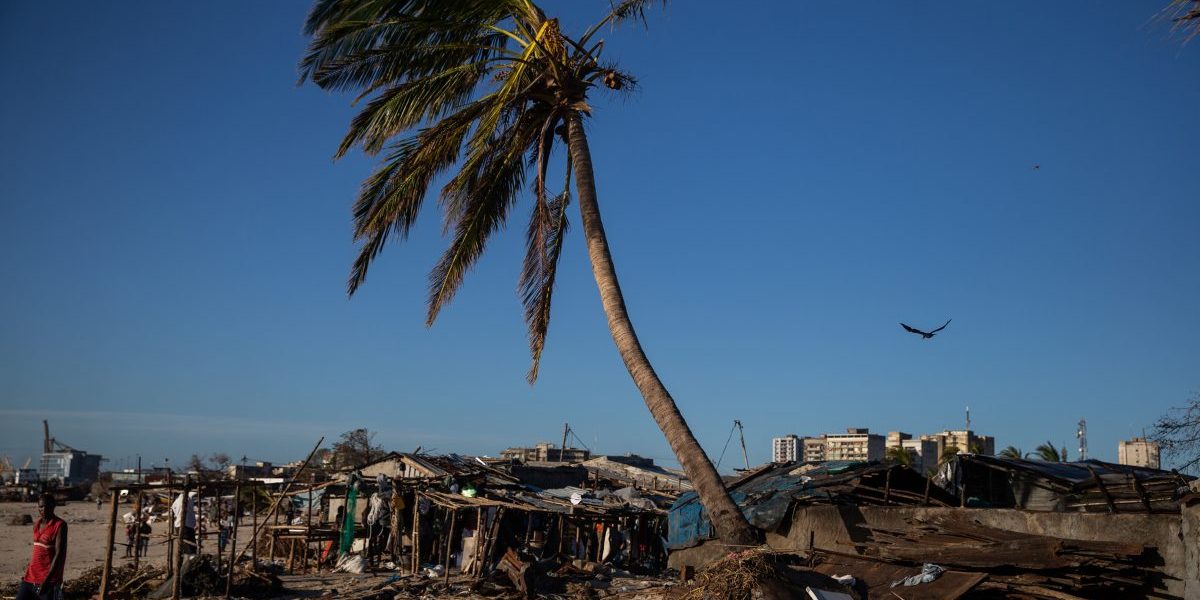Summary:
- African coastal cities need to adapt to climate change and reduce the risks faced by their people. This is particularly important since the most vulnerable people are often dependent on natural resources for their livelihoods.
- Ecosystems and their services play an important role in climate change adaptation and disaster risk reduction. Healthy ecosystems are able to reduce vulnerability and the physical exposure of people and their assets to natural hazards by acting as buffers and/or protective barriers and by providing food, water, shelter and other important ecosystem services.
- Nature-based solutions help people and cities prepare for, cope with, and recover from climate impacts and disasters. Common approaches include ecosystem-based approaches (EbA) to climate change adaptation and ecosystem-based approaches to disaster risk reduction (Eco-DRR).
- Major international agreements such as the Paris Agreement (under the UN Framework Convention on Climate Change), the Convention on Biological Diversity and the Sustainable Development Goals call for enhancing the resilience of ecosystems and societies to the impacts of climate change and disaster risk.
- Ecosystem management is a well-tested solution to making climates resilient and sustainable, owing to its inherent ‘win-win’ and ‘no-regrets’ appeal.
- To enable effective implementation, it is critical that EbA and Eco-DRR are holistically understood, as this will enable effective policy, governance and strategic interventions.








